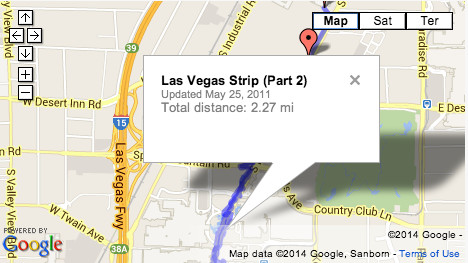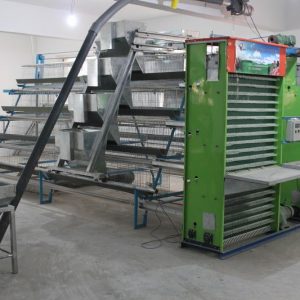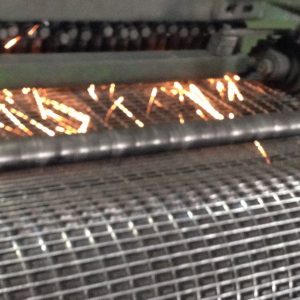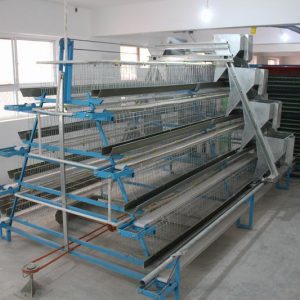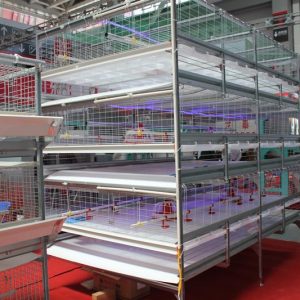
Avoid excessive feeding of vitamins in laying hens
When the egg market is good, some chicken farmers often increase the amount of vitamins in order to increase the egg production of the hens in order to produce more eggs. As a result, the laying hens develop hypervitaminosis, which will affect the growth and production of the laying hens. egg. Adding vitamins to layer feed must be added strictly according to the standard, and increasing the dosage at will will cause harm to the layer.
Vitamin A The appropriate content of vitamin A per kilogram of feed is 4000 international units. When the feeding amount exceeds the feeding standard, it can cause the occurrence of hen vitamin A hypervitaminosis, which is manifested as depression or convulsions, decreased feed intake, and in severe cases, no food will be eaten and feathers will fall off.
Vitamin D The appropriate content of vitamin D per kilogram of feed is 500 international units. When the feeding amount exceeds the feeding standard, a large amount of calcium can be transferred from the bone tissue of the layer, and the absorption of calcium in the gastrointestinal tract can be promoted, so that the blood calcium concentration will increase, and calcium will be deposited on the arterial wall, joints, renal tubules, and heart. And other soft tissues, the clinical manifestations are loss of appetite, diarrhea, kidney stones, and laying hens often die of uremia.
Vitamin E The appropriate content of vitamin E per kilogram of feed is 5 international units. Overfeeding can cause fat metabolism disorders in laying hens, leading to fattening or poisoning.
The appropriate content of vitamin K per kilogram of feed for vitamin K layers is 0.5 mg. When overfeeding, due to its stimulation of gastrointestinal mucosa inflammation, chickens show a sharp decrease in appetite and diarrhea, resulting in a decrease in egg production, and in severe cases, production is stopped.
Laying hens’ hypervitaminosis is mainly to prevent, and the chicken rations are reasonably prepared according to the feeding standards. For chickens that have been sick, vitamins should be stopped immediately and adequate drinking water should be provided. Generally, they can recover gradually within 2 weeks.
